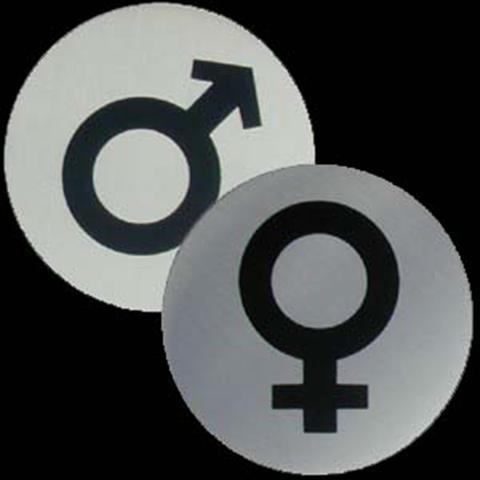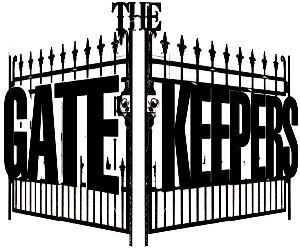
"We want to establish the centrality of Africa in the department. This, we have argued, is justifiable on various grounds, the most important one being that education is a means of knowledge about ourselves. Therefore, after we have examined ourselves, we radiate outwards and discover people and worlds around us."
-Ngugi Wa Thiong'o, "On the Abolition of the English Department"
Lifting this section of Ngugi's essay in his piece, "A Modest Proposal: On The Abolition of the English Department at Messiah College," Powers states, "We want to establish the centrality of the Christian imagination in the department." I am not sure that the same logic can be used to argue the abolition of an English department in East Africa as can be used to argue the abolition of one in the Northeastern United States. On either account, I am also not sure that I completely agree with the idea that self-knowledge precludes the encounter of the world and the knowledge of other people. Perhaps this is true when a natural self knowledge has not been allowed to emerge. However, I tend to think that encountering the world is the very thing that allows for true knowledge of self, for only when we have experienced different ways of living can we evaluate our own culture and lifestyle. Yet, allowing that the premise which both Ngugi and Powers operate upon is correct, I cannot help but believe that it is too much of a stretch to apply Ngugi's argumentation to Messiah College. The argument that Ngugi and his colleagues make to abolish English departments in African universities and reestablish the importance of African literature and indigenous language is the result of and reaction to a profound colonization in African history-- a deeply felt imposition, infringement, and foreign domination which affected every aspect of life for Africans living in colonized countries. The post-colonial state is very unique to the African continent (even among other regions of the world which were also colonized).
The depth and breadth of the effects of European imperialism upon Africa are hard to conceive from our Western context. Some might argue that the historic repression of Christianity (and perhaps even just the repression of Christianity in the States in academic circles within the last century) is somehow comparable to the repression that indigenous culture and language have experienced. Some might argue that the inability to be oneself-- that is, an English department of a Christian school expressing fear at the idea of being explicitly Christian or Africans denying the African part of their post-colonial identity-- is just as harmful and restrictive to one group which struggles with self-knowledge and identity as it is to the next. Yet, I do not believe that these situations should ever be considered as even semi-equivalent. I think that most Christians who find themselves at Messiah College have not experienced the feelings of shame and confusion in regard to their spiritual identity that Africans have who find themselves studying literature at African universities. While the implications of a parallel between Ngugi's writing and our own cultural context may be interesting to explore, the parallel itself is weak and misleading.





